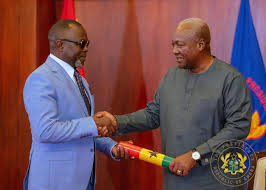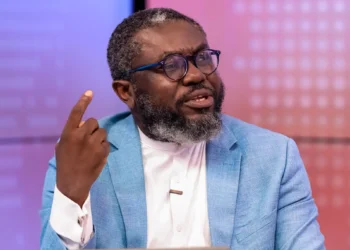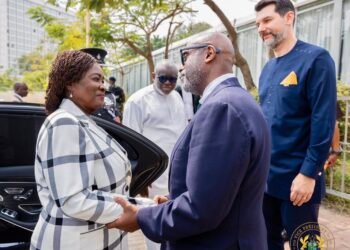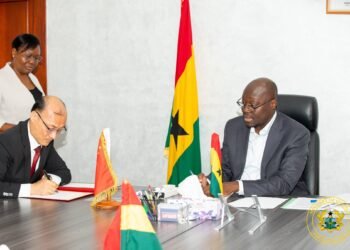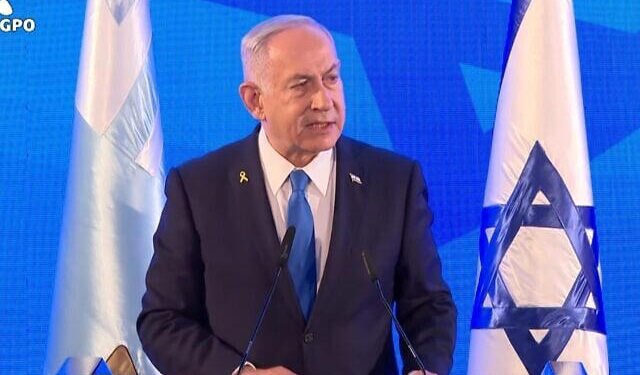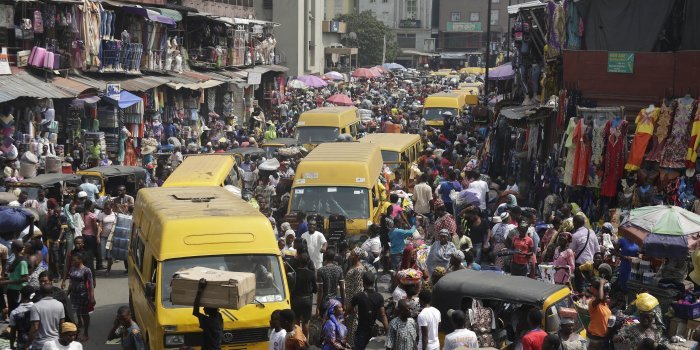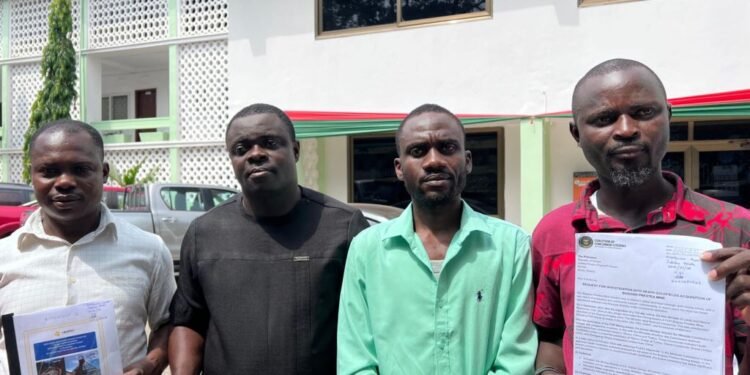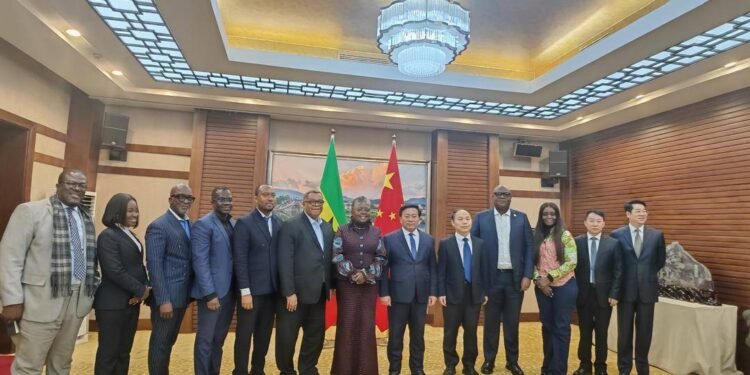President John Dramani Mahama has formally referred a detailed report on electoral violence recorded during the 2020 and 2024 general elections to the Attorney-General, Dr. Dominic Ayine, for legal review and advice.
The referral of the report to the Attorney-General was described as a key part of the government’s broader commitment to upholding the rule of law and ensuring that justice is not only done but seen to be done.
Dr. Ayine, an experienced constitutional lawyer, is expected to provide expert legal analysis of the findings contained in the police report and recommend next steps for possible prosecutions or institutional reforms.
The move to involve the Attorney-General could lead to the reopening of investigations, identification of culprits, and prosecution of those found to have perpetrated or facilitated the acts of violence.

The report, prepared and submitted by the Inspector-General of Police (IGP), Christian Tetteh Yohuno, provides comprehensive findings on violent disturbances that plagued both election periods, including incidents of shootings and confrontations between political party supporters and state security forces.
These electoral disturbances led to the tragic loss of lives and left several individuals injured across various constituencies.
The 2020 general elections saw eight fatalities, while three more lives were lost during the 2024 polls. In both elections, civil activists raised serious concerns about the conduct of some security operatives and the apparent failure of political actors to restrain their supporters, culminating in chaos at several voting and collation centres.
Fulfilling Pledge
President Mahama’s decision to request the report and refer it for legal scrutiny marks a significant step toward fulfilling a campaign promise he made ahead of the 2024 elections.
Then a presidential candidate, he pledged to ensure justice for victims of electoral violence, particularly those who lost their lives or sustained injuries in 2020.
Civil society organisations and election observers have consistently called for investigations and accountability regarding the violent incidents that marred the country’s otherwise peaceful democratic exercises.

While the contents of the report have not been made public, its scope would cover events in constituencies where the worst violence occurred, including areas where live ammunition was allegedly used, leading to civilian deaths.
It also examines the deployment protocols of security personnel and the extent of collaboration, or lack thereof, between party agents and state security officials.
For many civil society actors and victims’ families, the referral of the report signals the first real opportunity in years for official acknowledgement and possible redress.
In previous years, despite public outrage and several fact-finding missions by election observers and non-governmental organisations, no prosecutions or accountability processes followed the fatalities recorded during elections.
President Mahama’s move is an attempt to send a strong signal to both political parties and the security services that future elections will not tolerate violence or abuse of state power.
It reinforces the message that under his leadership, democratic principles must go hand-in-hand with justice and accountability. Political violence during elections has remained a troubling feature of Ghana’s otherwise celebrated democratic journey.

While the country has held eight consecutive peaceful transitions since the return to constitutional rule in 1992, each cycle has witnessed pockets of violence, with recent elections mostly characterised with deadly consequences.
With the referral of this report, attention now turns to the Attorney-General’s office and how swiftly and decisively it acts on the recommendations that may arise from the legal review.
READ ALSO: Power Sector Crisis Demands Transparency, Not Just Privatization – Energy Specialist

